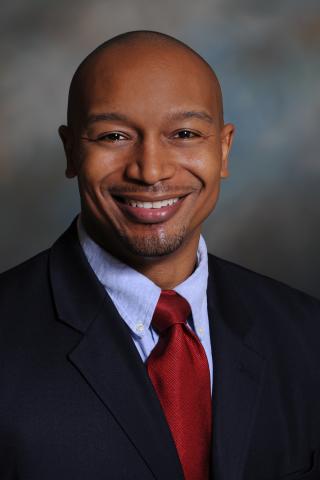
As a Black American one generation removed from a family of sharecroppers, it means the world to me to be a physician. I was fortunate to have a family who supported not only my educational success but also my health and mental well-being. I have good insight into health inequities that face the black and minority community through my upbringing in rural Alabama. This area has a high incidence of cardiovascular disease and related risk factors. These health issues in my community contributed to my interest in medicine, and ultimately vascular surgery. I now have the ability to impact patient lives through direct care, but also share my insights and strategies to improve healthcare outcomes in the black community.
As I was/am inspired by great black leaders, my position in medicine inspires and brings pride to my patients of color. We share commonalities that serve as the base to garner trust and build rapport. From here, I offer personal anecdotes to navigate the challenges that are often seen in our community. I recommend participation in positive community events, through religious or civic activities, which promote a sense of belonging and well-being. I suggest good but small health and diet habits which promote better cardiovascular health. I focus on long-term health plans, which make success attainable and sustainable. I remind them of Muhammed Ali’s quote, “Don’t count the days. Make the days count”, which refocuses away from the negative/absent items in their life but highlights the positive.
Talking from common ground and not from a pedestal, leads to more open dialogue and willingness to implement reasonable advice. It’s imperative to remain positive and engaging as there will be struggles in patients’ healthcare journey, both mental and physical. It’s important for us to remember the essence of our oath as physicians. I have an extra sense of duty not only because of what I do but because of my heritage. What remains to be done in my community still drives me to make the days count. I think using this common-sense approach has led to better healthcare outcomes.
Derrick Green, MD, MBA